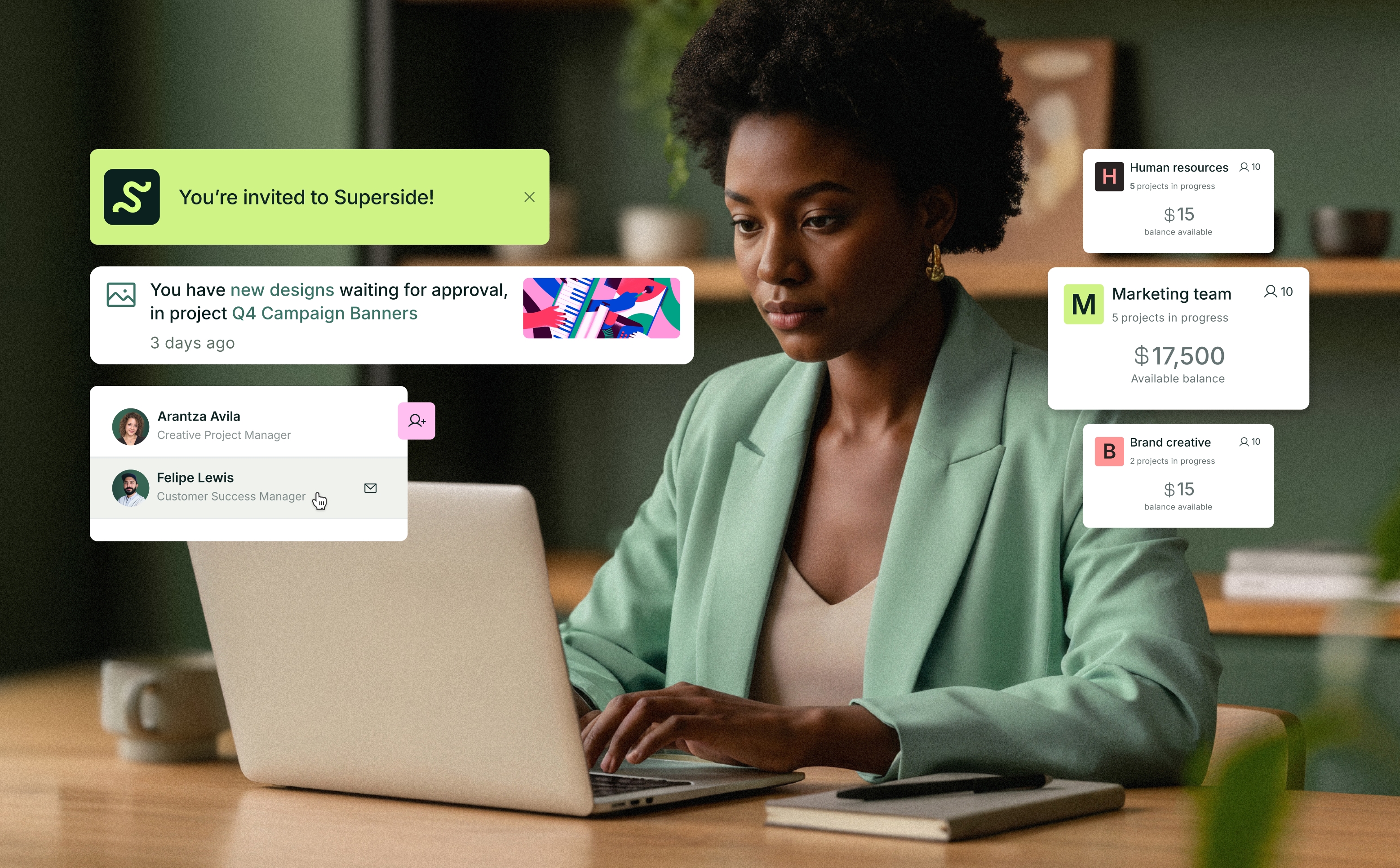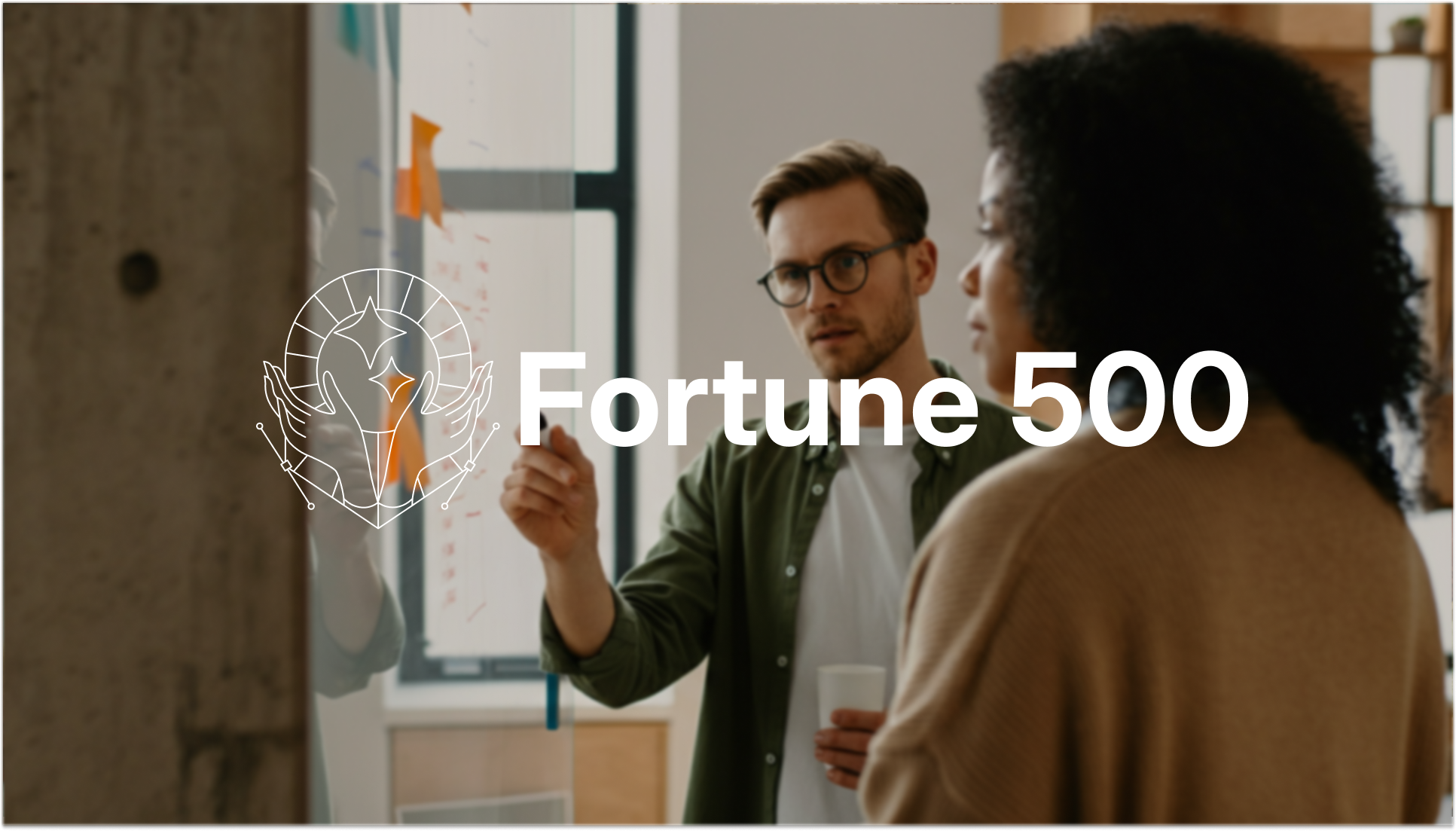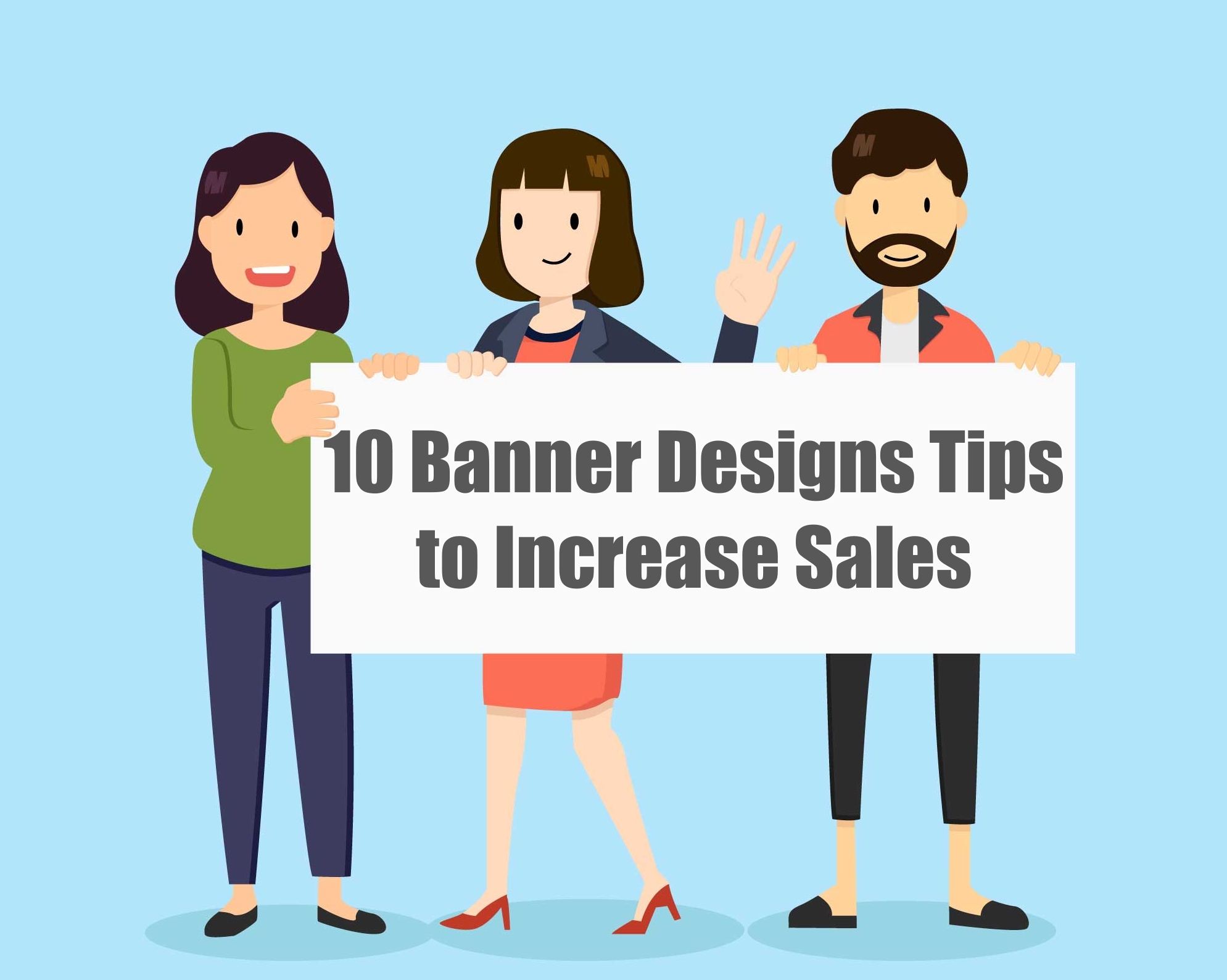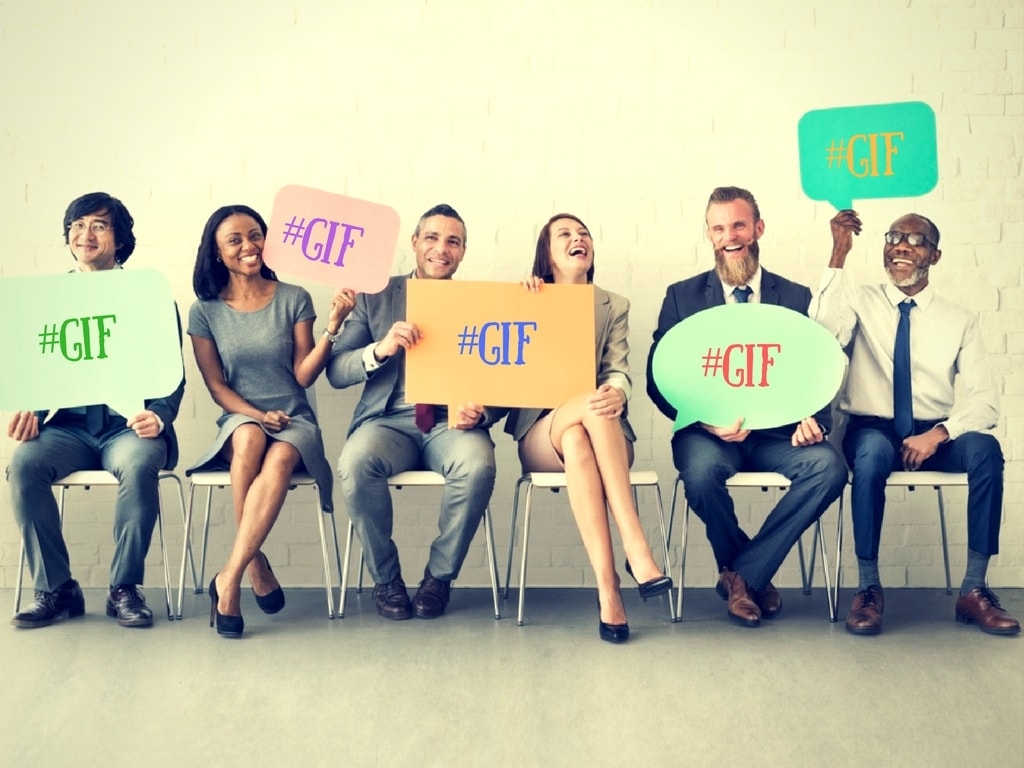
You don’t need inspirational ads to tell you that we’re going through ‘unprecedented times.’ From the COVID-19 pandemic to climate change to political unrest, you can’t turn on your TV or scroll through your social media feeds without encountering some kind of negative news story. We even have a new word for it: ‘doomscrolling,’ which is defined as “the tendency to continue to surf or scroll through bad news, even though that news is saddening, disheartening, or depressing.”
As a marketer, you need to be adaptable to your audience’s changing needs and interests, but it can be tricky to know what strategy to take or what tone to strike during times of crisis. If you’re stuck on how to move forward, sometimes, the best thing you can do is look backward.
In their Ad Designpalooza session, “Using Digital to Inspire, Uplift, and Do Good During Challenging Times,” Superside’s Associate Art Director Helene Burger and Head of Campaigns and Concepts Markus Botha reflected on how companies have approached advertising during past challenging times. They also discussed how companies could use advertising for a good purpose (i.e., inspire, uplift or do good).
“Especially in advertising, it’s always worth looking backward to the past,” says Helene. “There are so many things we can learn and take forward to make more informed decisions [and] to see how we can tailor [our work] to reach audiences and to make emotional connections.”
The COVID-19 pandemic isn’t the first time we’ve needed to advertise in tough times, and it likely won’t be the last, so let’s take a look at how past and present advertisers have approached this challenge and what advertising inspiration we can take away from it.
Case Study #1: Post World War II
If you’re reading this, you probably weren’t alive during World War II. Still, you’re likely familiar with how the conflict fundamentally altered every aspect of daily life for billions of people across the globe. Food, gas, and clothing were rationed. Millions of men and women entered military service. People lived in constant fear for loved ones fighting overseas and for their safety at home.
After such challenging times, people were looking for hope and reassurance that better times were ahead. Additionally, after the austere rationing, people were looking to spend. As a result, when we look at post-war advertisements, we get a sense of futuristic optimism.
Brands remained in the public consciousness by creating positive advertisements that transported customers away from wartime horrors and scarcity towards an idealized future of peace, leisure and prosperity. For example, we can see in the inspirational ads below from RCA transistors and Hughes products, the former posits how RCA “will run your ‘electronic’ car of tomorrow” and the latter, which discusses the possibility of “face-to-face telephone calls.”
Despite these technological advancements being several decades away from becoming a reality, these future-facing inspirational ads offer viewers a temporary escape from their current lives, which people at the time would have received well.
Case Study #2: Great Recession
The Great Recession, beginning in late 2007 and lasting until mid-2009, was the most prolonged and deepest economic downturn in many countries since the Great Depression of the 1930s. As a result, millions of people lost their homes, jobs and savings.
When we look at the ads of this time, we can see a theme of escapism, similar to the post-war era ads. However, rather than looking to the future, these inspirational ads are set in the present day, with a warmer, absurdist twist.
Take the Cadbury and Volkswagen ads below, where we see a gorilla playing drums to Phil Collins and a man with his imaginary ‘dog fish’ companion.’
The appeal is clear. As Helene explains, “animals make you feel warm and fuzzy. Paired up with a great music track, and you’re already lifting people’s spirits for a couple of minutes.”
These are good ad examples that show us that people don’t want real life reflected back to them when times are tough. They want escapist entertainment. These campaigns work by temporarily lifting people out of a brutal existence and creating an emotional connection between the company and the consumer, ensuring brand loyalty.
Case Study #3: COVID-19
The COVID-19 pandemic has affected our lives, our economy, and nearly every corner of the globe. However, when we compare pandemic advertising to previous times of crisis, we can see two clear approaches: fight or flight. While the Great Recession and post-war ads were more ‘flight’ (e.g., escaping the difficulties of the time through futurism or entertainment), today’s inspirational adverts are more ‘fight.’
As Markus describes: “We’re not running away [from COVID-19]. Everyone’s pushing through it and doing the best that we can to have life return to normal, and I think that that is reflected and shown through both the mold and the mixture of advertising.”
Take MTN’s ‘One More Push’ campaign, for instance, which encourages “people across the continent to not give up in the fight against COVID-19, and to continue to wear their masks, wash their hands and practice social distancing.”
Set to a bluesy cover of Fleetwood Mac’s “Don’t Stop,” the ad shows people wearing masks and following other COVID-19 pandemic protocols, despite various annoyances. The visuals have text overlays that explain what people are fighting for – reasons like, “So it can be how it was,” and “for a real hug.”
In this ad, we can see the example of the ‘fight’ response. This ad doesn’t take people away from their realities – it’s grounded in it. Today’s most inspiring advertisements strike an emotional chord by rallying people around a common cause and encouraging them to help others rather than look away.
Fight or Flight: How Advertising Reflects the World Around Us
Advertising through times of crisis may be challenging, but it’s not exactly unprecedented. From world wars to global recessions, we can learn a lot from the advertising strategies of previous generations.
Whether you choose the fight or flight approach, the critical question to ask yourself when designing an inspirational ad campaign is: what does our audience need right now? Do they need an escape from the horrors of everyday life or a push to keep going, even though their resolve is wearing thin? The answer should help steer you in the right direction.












